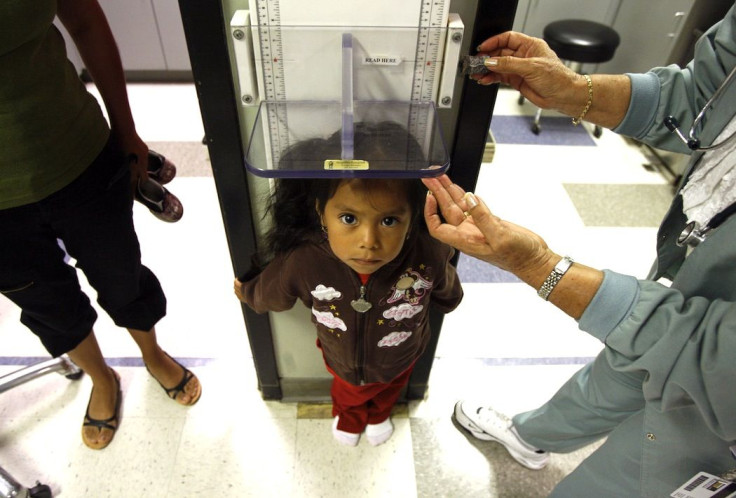Delayed Growth in Childhood Linked to Longer Lifespan

The slower you grow, the longer you live, a new study suggests.
Scottish scientists at Glasgow University altered the growth rate of 240 stickleback fish by exposing the animals to cold or warm spells and found that the animal's life span is affected by the rate at which its body expands early in life.
The findings, published in Proceedings of the Royal Society B, revealed that fish manipulated to grow at a slower pace lived for about 30 percent longer than their average two-year lifespan, while fish that grew at an accelerated pace lived 15 percent shorter than average.
Researchers say that the latest finding most likely applies to countless other species, including humans.
Scientists explain that fast-growing bodies accumulate greater tissue damage, which can ultimately shorten an animal's life.
Researchers were able to accelerate or decelerate the stickleback fish growth rate by altering the temperature in their environments.
Scientists noted that growth rate returned to normal after their normal environmental temperature was restored, but that the slight change in growth rate had affected the animals' rate of aging.
Furthermore, researchers said that these striking effects occurred, despite all fish reaching the same adult size.
"The results of the study are striking. It appears that bodies which grow quickly accumulate greater tissue damage than those that grow more slowly and their lifespan is substantially reduced as a result," Professor Neil Metcalfe, from the university's Institute of Biodiversity, Animal Health and Comparative Medicine, said in a news release. "The study also demonstrates the surprising ways in which a slight change in environmental conditions in early life can have long-term consequences."
"These findings are likely to apply to many other species, including humans, since the manner in which organs and tissues grow and age is similar across very different kinds of animal," he said.
Metcalfe said that previous human studies have found that rapid early growth in childhood increases the risk of disease like cardiovascular disease later in life.
"Our work reveals for the first time that slowing the rate of growth below the normal rate can have long-term benefits," Metcalfe concluded.
Published by Medicaldaily.com



























